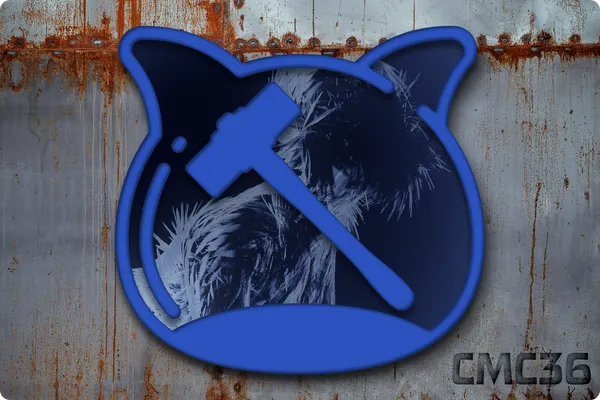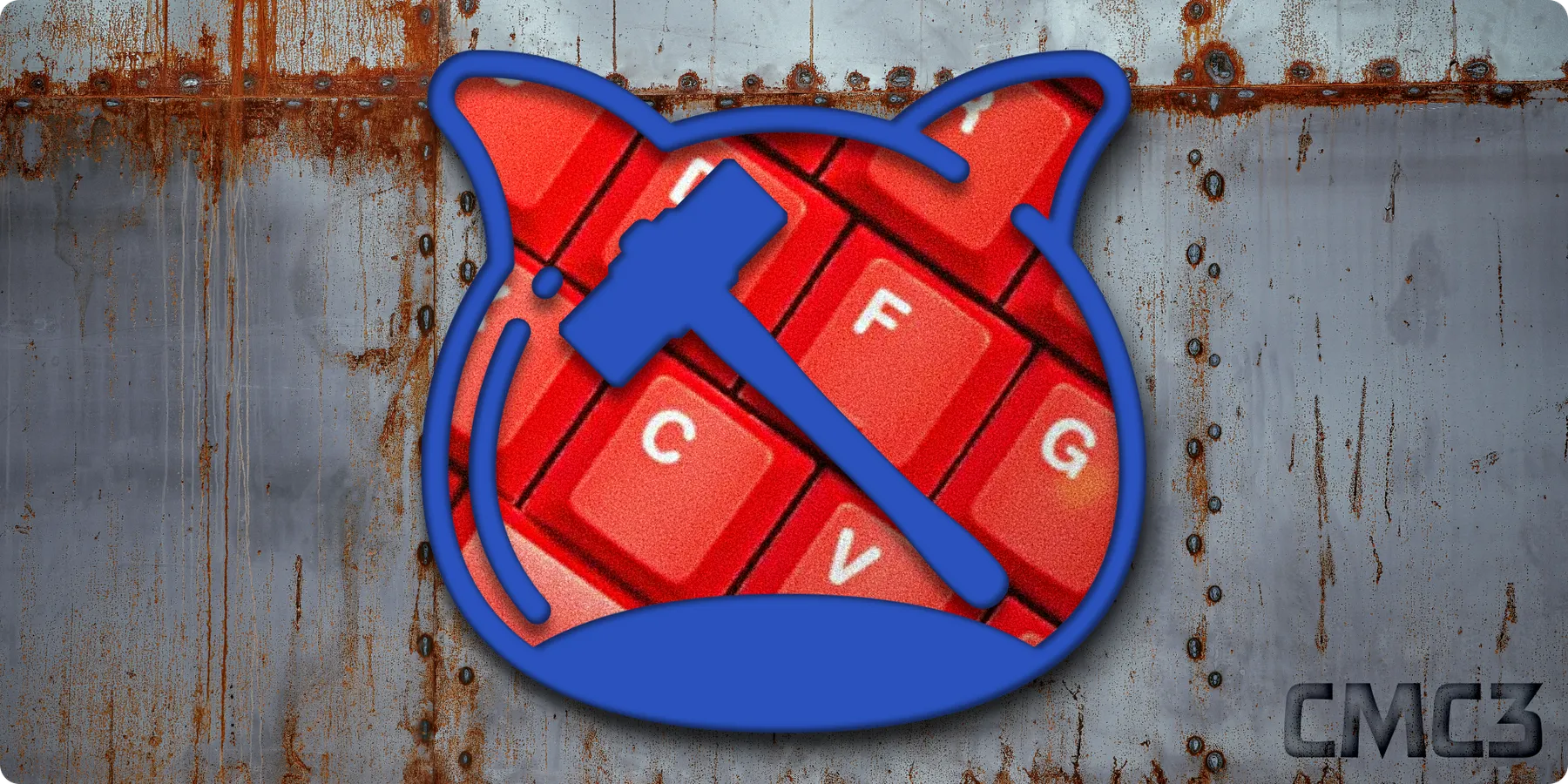
⚒️ The Defenders
The final Cavendish... for now
Didi works through solitude, memories, and limiting factors


I realised the middle C key didn’t buzz anymore. I typed a string of commands on the red keyboard that occupied the centre of my gear rack, waiting for the short circuit which had been plaguing me for weeks to reappear and was perplexed to find it had resolved itself. For now at least.
Working for the Cavendish Interstellar Communications Company had few benefits. For most, very few: a handful of jumpsuits in the company blue, though when you were the only occupant of a Buoy parked in geosynchronous orbit around an uninhabited rock you could go naked with no complaints; a reasonable stipend to earthbound dependents or nexts-of-kin — if your Buoy was unfortunate enough to be punctured by some sort of celestial debris or melted by an unforeseen radiation spike; a job contract the company would only revoke for gross negligence.
For a boy who grew up in gig economy London the idea someone would guarantee to house you and give you three square meals a day was enough to get you to the door of the testing centre. If you were lucky enough to have what it took to pass the aptitude and education requirements, despite the legacy of malnutrition and a crumbling education system, well shit, you’d sign the indenture papers right there and then.
There were other benefits for me. I liked the solitude. I had tested well for it, in the first centile they had said, showing me a spider web graph with a large red bulls-eye and a thin green fringe. I liked the time it gave me to think.
I liked that I was away from my mother’s frowns and the whispered criticisms of my uncles. Though they were with me still, sliding between the pneumatic clicks and the muffled echoes of the Buoy.
“What boy doesn’t like football?” Uncle Sinjon had asked, as if the world I was growing up in was anything like the world he’d known. ‘The playgrounds are under water, and the teams are all owned by the petrostates whose greed drowned this city’ I wanted to scream at him. No point screaming though. He’s at home and I’m in space—he wouldn’t be able to hear me anyway.
Now that the keyboard was working, I could run the maintenance checks on the cognitive AI which did most of the work on the ship. A quantum computer, a thing of gel and mycelium substrata, the technology was a gift from space-faring species we counted as... “allies”. It needed constant checking for the creeping symptoms of what, in a person, would be classified as dementia. Happily, most of those checks were performed by separate computers, bred for one purpose alone.
“He thinks he’s special, glued to that screen. No boy from these ends amounts to nothing.” That’s Uncle Brett’s voice I hear, louder, more forceful than Sinjon. He’s the oldest brother, he remembers when you could walk from Bow Road to Mile End without getting your feet wet; full of stories of yoot in hoodies and knives being shown if you got too far from your home.
I bent my mind back to the task in hand. Limiting factors.
The Others had technologies we did not possess. Some they withheld in fear of how we would use them. They studied our histories, our cultures, and saw something monstrous in us. We, the bipedal pursuit hunters, alone of our type in the stars. Them, omnivorous octopods, hard-shelled but peaceable, in all sizes and colours, born under the light of a thousand different suns across the arms of the galaxy, united in form.
Some technologies we withheld from ourselves. To accept them deemed too risky, to be tantamount to inviting these strangers into our homes.
Thus, limiting factors. How to speed our voices across the void, to stitch our communities together.
I tried, and again I failed. The equations slipped past me, blurring on the screen. I doused it, looking down at my face with my mother’s eyes, my mother’s nose, my mother’s disappointment.
I slept unquietly. Dreams of eight-legged beasts scuttling through the air vents, razor edged claws tearing open airlocks with an evolutionary ease. I woke, sobbing, tears soaking the thin synthetic pillowcase which was my only bedding.
“He’s too soft. The real world will eat him up if he doesn’t stop crying.” Thanks Uncle Ziggy. Not even a real Uncle, just my cousin’s boyfriend who moved in and never left. He’s a real man because he has a job working for GoFood, rowing takeaway food in biodegradable cardboard boxes from black kitchens in shipping containers to yuppy flats for three deutschmark a trip. And he never cries.
There was something in my dream, a clue from my subconscious, or a fragment of delusion. I had suffered through much well-intentioned spiritualist babbling from my one Auntie Sabrina, all tarot cards and the role of the subconscious mind as part of the cosmic one. I didn’t trust that wypipo nonsense.
But I did trust my subconscious, at least a little, as much because it was the only company I kept as for any other reason.
Also, I had time to kill.
I thought about the problem through their lens: matrices, eight dimensional mathematics, the curvature of space and time itself.
“Africans traced the patterns of the heavens, navigated vast deserts and hungry seas using the stars,” my father told me. “I will always be proud of you, Didi.”
He kissed my cheek, and waved me onto the boat which carried me away from home. With his voice in my ears, I saw. The long looked-for solution.